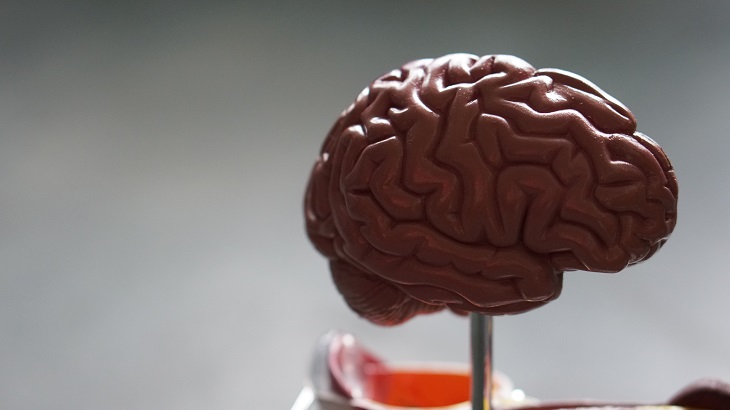As soon as life begins, the body begins the aging process. It’s a natural human process that everyone experiences. As people age, biological, psychological, and physiological changes occur. Some of these changes aren’t health risks, but others contribute to age-related health disorders.
It isn’t until adulthood that the aging process begins to lead to the deterioration of many organs, such as the brain. Research on exactly when the decline of cognitive function begins as in relation to aging is mixed, with some studies suggesting it begins as early as 27 while others say somewhere around 45 is more accurate. This is just one measurement of aging, as the process occurs within all cells, organs, and bodily systems.
Longevity isn’t part of the aging process, but rather the result of how quickly it occurs on a person-by-person basis. Some people age more slowly than others in many regards, while others aren’t as lucky. Longevity isn’t only dependent on the natural aging process, but also on other factors including genetics, environment, and lifestyle.
Longevity genes and aging
Researchers across the globe have been working tirelessly to find the secret to aging so that they might slow or even stop the process altogether. As it turns out, there is one specific gene that could lead to new discoveries in the anti-aging department. The gene in question is called SIRT6. Its role within the body is to assist in DNA repair through the organization and recruitment of both enzymes and proteins.
The gene itself has a range of potencies. Those with a stronger SIRT6 will live longer, while the opposite is true for those with a weaker version of the same gene. For example, mice have far less potency in their longevity gene than humans, whereas a bowhead whale is thought to have an even stronger SIRT6 than humans because of its impressive lifespan.
Age-related chronic diseases can also be a huge issue during the natural aging cycle, as they severely affect quality of life. The simple act of aging leads to heightened risk for developing chronic diseases such as cancer, cardiovascular disease, and Alzheimer’s disease. Since SIRT6 plays a role in DNA repair, some studies have found that the levels and potency of SIRT6 could be a contributing factor to neurodegenerative age-related disorders such as Alzheimer’s.

Longevity: genetics vs. lifestyle
Genetics play a major role in the aging process, as well as the development of chronic diseases that could lead to increased risk of developing age-related conditions. But lifestyle is also a vital component when understanding how aging works and why not everyone ages at the same succession.
Things such as the food a person eats, how well and often they exercise, and their avoidance of unhealthy behaviors such as drinking alcohol or smoking cigarettes will all influence the aging process. All these factors are vital when it comes to biological age (how old your body is in the aging process) over chronological age (how many years you have been alive).
Both genetics and lifestyle have an effect on how a person ages, but research has shown that the role of lifestyle is much bigger than genetics. Studies using twins have found that genetics is likely only a small piece of the puzzle when it comes to aging, and that although the SIRT6 gene plays a vital role in the aging process, lifestyle factors are the big thing to watch for when keeping the gene functioning at its best and curbing the aging process for as long as possible.
Can NAD+ reverse aging?
Nicotinamide adenine dinucleotide (NAD+) is found in all cells within the body and is a cofactor in metabolism function. It also contributes to the way the body regulates cellular function by acting as an assistant for proteins. Studies have shown that when levels of NAD+ are depleted, the risk of developing an age-related disease is greatly heightened.
Other studies have begun to research whether the effects of NAD+ could be even greater, in the sense that elevated levels of NAD+ could actually slow the aging process down. More research is needed in this department; studies have only found NAD+ to be effective in rodent trials, and only small-scale human trials have been done, which do not provide sufficient evidence to support that it can slow the aging process.
Synapsins and aging
Neurotransmitters are the messengers that allow the body to communicate on a cellular level. They are chemicals that are released and sent to synapses, the areas where nerve cells connect to receive messages from one another. Synapsins are proteins that help to regulate this process of communication. Aging can have a negative effect on this process, thus leading to synaptic dysfunction.
When neurotransmissions aren’t functioning as they should, problems can arise that lead to lowered cognitive function. This directly affects the aging process, because cognitive decline is a symptom of many age-related diseases.

Is it possible to prolong life?
Considering lifestyle factors and the longevity gene, it is plausible to prolong life with healthy living practices and supplementation. Beyond the natural lifespan of humans, though, it’s still up for debate whether or not NAD+ or the addition of synapsin can lead to more years of life. They can, however, improve quality of life and help to decrease the risk of developing age-related diseases such as Alzheimer’s.
Featured image by Antevasin Nguyen on Unsplash